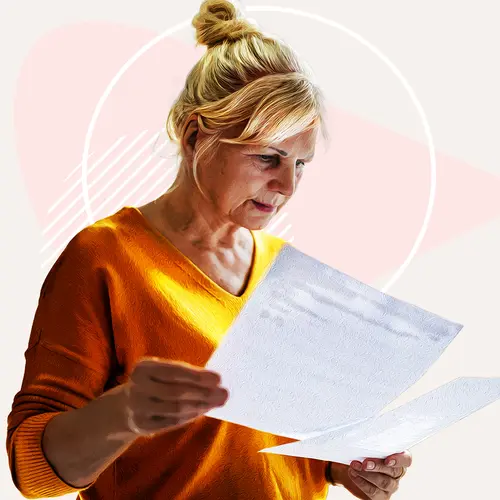When you have rheumatoid arthritis, your symptoms -- including joint pain and swelling -- can come and go. The times when you feel better and your symptoms are under control are called "remission."
The goal of your RA treatment is remission. It can make you feel like your RA has gone away -- at least for a while.
What Remission Looks Like
Doctors define it several ways. Your doctor may use measures like:
- Less than 15 minutes of stiffness in the morning
- Little or no joint pain, based on your history
- Little or no joint tenderness
- Little or no joint swelling
- Blood tests that show low levels of inflammation
Remission might mean something different to you. Maybe it means you have no symptoms at all. Maybe it's that you have just a little stiffness when you wake up. Perhaps your joints only swell once in a while.
Not only do your symptoms ease while you're in remission, but your disease stops progressing. That halts lasting damage to your joints.
How You Can Reach Remission
Drug treatment can give you good or even great relief from your symptoms and keep your day-to-day activities close to normal. Early, aggressive treatment with medications known as disease-modifying antirheumatic drugs (DMARDs) help ease symptoms and slow joint damage. That makes remission more likely.
Your doctor may prescribe DMARDs along with nonsteroidal anti-inflammatory drugs (NSAIDs) or low-dose steroids to ease swelling and pain.
If traditional DMARDs don't work, your doctor may suggest stronger drugs called biologics. They stop inflammation by going to work on the parts of your immune system that trigger it.
You may need to try a combination of drugs until you're in remission.
Relapses
If your symptoms come back or get worse, that's a relapse. It can happen if you stop taking your medicine.
If you're in remission, your doctor might want you to take less of your RA drugs. They might give you a lower dosage or tell you not to take them as often. Sometimes, your doctor may suggest you try to stop your medicine completely.
The hope is that you can stay in remission without RA meds. Some people can. For others, symptoms eventually come back.
A relapse can also happen because the drug you're taking stops working. In that case, your doctor will help you switch RA medicines to control your symptoms.
About 1 in 3 people who have RA go back and forth between remission and relapse, no matter what drugs they take. If you start to feel your symptoms flare, call your doctor. It could mean your treatment isn't working and you need a change.
Staying in Remission
Along with your medicine, other things can help manage your symptoms and could keep you from having a relapse.
Exercise: Walking, swimming, and gentle movements to build muscle strength can ease pressure on your joints. They can also help if you're tired and can improve your overall health.
Use heat or cold: Try heating pads and cold packs. Heat can ease pain and relax tense muscles. Cold can also help with pain and stop muscle spasms.
Ease stress: Things like meditation or guided imagery -- where you create images in your mind to help you relax -- might work for you.

